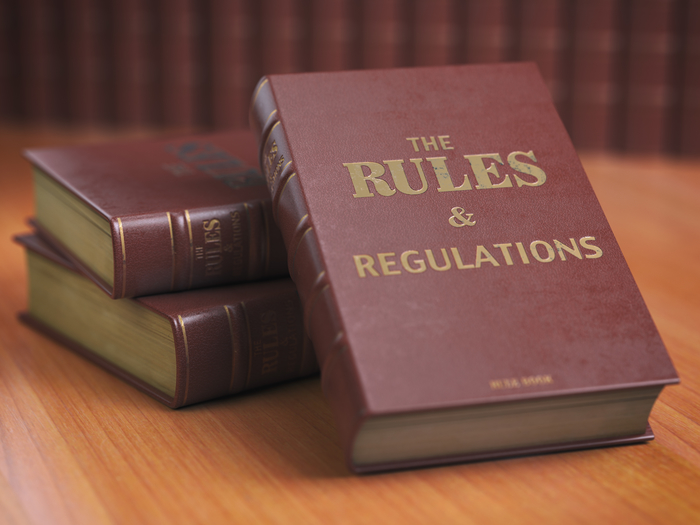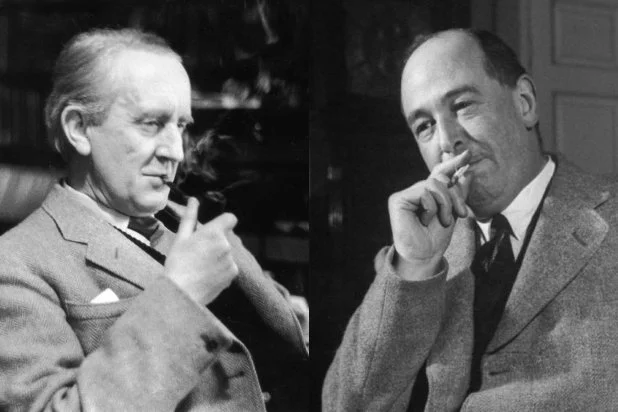
The Rulebook Vs. The Playbook
October 2, 2019
Finding Freedom Through Forgiveness
October 16, 2019In everyone there is something of his fellow man … Hence, “Love your neighbor”—for he is really you yourself.” —Rabbi Moses Cordovero
Last week, we introduced the idea of the rulebook and the playbook in sports. The rulebook is considered by most as stiff and pedantic, full of “do not!” The playbook, on the other hand, contains all the fun plays. Most of us have an aversion to the rulebook and an affinity for the playbook.
Don’t you think of the Old Testament as the rulebook and the New Testament as the playbook? Isn’t the Old Testament book of Leviticus full of rules? Yet in this Old Testament book of rule after rule after rule, we see yet another positive playbook play.
Jesus quoted this next “playbook play” as the second most important commandment in all of scripture:
“Do not seek revenge or bear a grudge against anyone among your people, but love your neighbor as yourself.” (Lev. 19:18, bold added)
“Love your neighbor as yourself.”
Right in the middle of the Old Testament rulebook, we see yet another positive play from the Author of the Playbook of Life. Love your neighbor is all positive, all playbook, yet we find it in what we think of as the rulebook.
But there is even more.
We all struggle to love someone who is unlovable, or someone who has behaved poorly, or even just our neighbor, so our gracious and relational God coaches us with yet another playbook example from Leviticus:
“The foreigner residing among you must be treated as your native-born. Love them as yourself, for you were foreigners in Egypt.” (Lev. 19:34, bold added)
Do you see it? God is helping us to see how to love someone who seems unlovable: We see that they are really not different from us. You, my friend, are no better than the person who irritates you. You are the same, actually.
Oh sure, what he or she did may be particularly distasteful in your eyes, and you protest loudly that you would never do such a thing. But have you not also done distasteful things in your life? Have you not acted poorly, boorishly, perhaps even very badly?
The Author of the rulebook is coaching you as to how to follow his playbook: View the other person, your spouse, your family, your frustrating friend, in a light most favorable. And why? Because you are them.
Yes, you are them.
So view them in a light most favorable, just as you want them to view you.
I hope these Putting Greens are moving you to read your Bible more frequently and more deeply. As you do, please see that the entire Bible is the perfect, synergistic balance of the rulebook and the playbook.
The Author wrote this for you to have his “life to the full.”
Fill up on it.



